I thought the Borat movie from 2006 was hilarious. In it, the fabulous comedian Sacha Baron Cohen pretends to be from Kazakhstan and wanders the country having absurd interactions with real Americans, presumably filming it for a local Kazakh documentary while in fact spoofing the people with whom he interacts. My late wife didn’t like it because she felt like Sacha Baron Cohen was ambushing people socially, taking advantage of their good graces to insult them, and there is something to be said for her take.
So when culture warrior Matt Walsh decided to make a Borat style mockumentary movie about being a white dude “doing the work” demanded by the Ideology-Formerly-Known-As-Woke (IFKAW) folks, I expected it to kick off a reaction in the culture war space mirroring my prior marital disagreement.
This brief article is not an endorsement of the movie, but rather a pause to check the culture war scoreboard after the movie’s release.
The Movie
In Am I a Racist, Walsh takes on the role of a progressive white dude trying to become antiracist, and sets up a lot of scenarios and interviews where he can expose “woke” absurdities on the big screen. If you are anti-woke you’ll probably like the movie, if you’re part of the Ideology-Formerly-Known-As-Woke you probably won’t, and if you’re in the middle you should probably wait for Netflix at a minimum, provided angry Silicon Valley protestors don’t keep it off of the streaming platforms. Reviews I’ve heard range from “not too bad, it’s Borat but less funny” to “not too bad, it’s Borat but less funny.” Among those who got Boratted include:
Regina Jackson
And a bunch of other people nobody cares about
For the record, Wilfred Reilly is a pretty moderate and well-intentioned dude whose takes are worth paying attention to.
The Reaction
We will skip the initial wave of social media folks claiming Walsh is a Nazi or whatever, and jump to the interesting snapshot of today, where the Washington Post has finally figured out their position on the movie. Their thesis:
If you don’t like the people he’s lampooning, it’s easy to convince yourself that he’s revealing something deep and important, just as I’ve heard progressives argue that “Borat” movies were laying bare the hateful underbelly of America. But what Walsh is actually revealing is two not-very-surprising realities of human nature: First, that every group has an awful fringe, and it’s easy to make that group look bad if only the fringe’s worst moments survive the cutting-room floor. Second, that the human instinct for avoiding confrontation is exploitable if you’re sufficiently willing to violate the social contract.
They’re talking, quite reasonably, about my wife’s impressions of the first Borat movie. Their conclusion:
DiAngelo and Rao and a number of others gained money and fame during the “Great Awokening” because decent people, genuinely concerned about America’s racial divides, were too polite to point out that they sounded like lunatics. Those well-intentioned Americans had their social instincts hacked, the machinery diverted into a continuous loop of unproductive navel-gazing, instead of the racial justice they were trying to achieve. That’s what left them vulnerable when Matt Walsh showed up to exploit the same bug.
Washington Post effectively says here that DiAngelo and Rao exploited the politeness of others in order to make money and fame off of a public racial morality outburst. They hacked politeness to profit off of the culture war. The Washington Post says Walsh is doing the same thing now, also to profit off of the culture war.
I find this take to be relatively accurate, to be honest, but there’s a very important subtext that culture war observers must remember. The Washington Post did the same thing DiAngelo and Rao did, to even greater profits.
They even funneled money into DiAngelo, Rao, and others while doing so:
Now the Washington Post says DiAngelo, Rao, and by association the entire DEI movement is the “awful” “lunatic” “fringe,” while the worst thing they can seem to say about Walsh is that he’s a culture war profiteer. They’re not burning Walsh, but they are burning DiAngelo, and Rao, and DEI itself, and they’re doing so to protect themselves from getting burned. Which is what Walsh as a culture warrior wanted.
Scoreboard:
Walsh 1 IFKAW 0
The Washington Post used DiAngelo and others to exacerbate racial hate and stoke the fires of a year long riot, equivalent in damage and death to a Category 2 Hurricane, and now that there’s no more money in wokeness they’re throwing DiAngelo out with the trash.
If you’re part of the Ideology-Formerly-Known-As-Woke, this should alarm you. You have no more media front to hide behind outside of maybe Slate and Vox, and as the pendulum continues to swing anti-woke it could take you with it. Run for cover.
If you’re ideologically anti-woke, you should probably stop, take a breath, and look around to be sure you know which bandwagon you’re on. If your anti-woke wagon stays in familiar “there is a such thing as IQ” territory, perhaps that’s fine, but if it wanders into the Hinterlands of the Fourth Reich you may need to jump off. Bandwagons sometimes travel farther than intended when these pendulums gain momentum.
And if you’re the Washington Post you’ve probably got nothing to worry about because the media lost its moral compass decades ago.




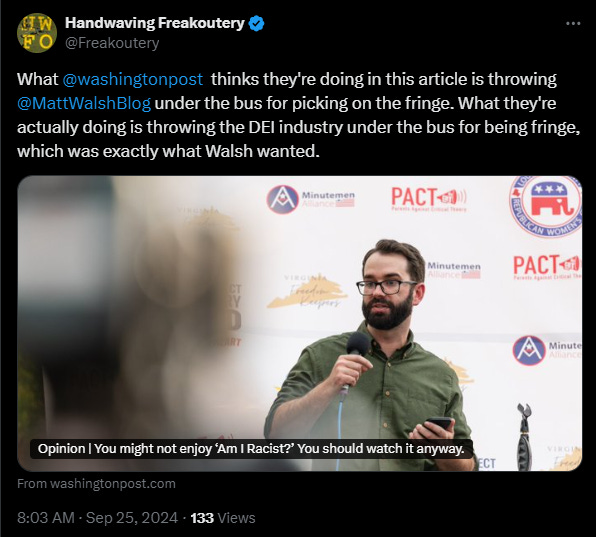
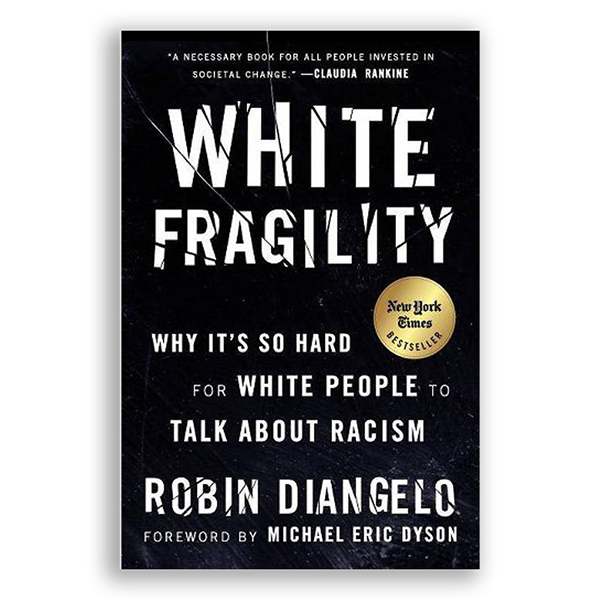
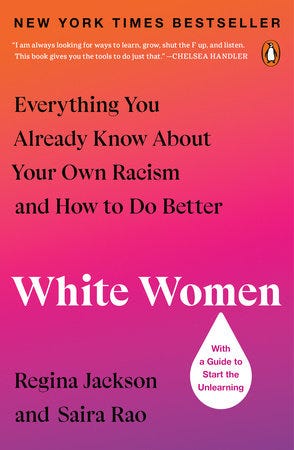
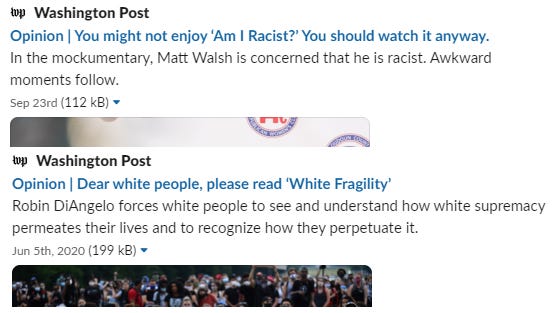
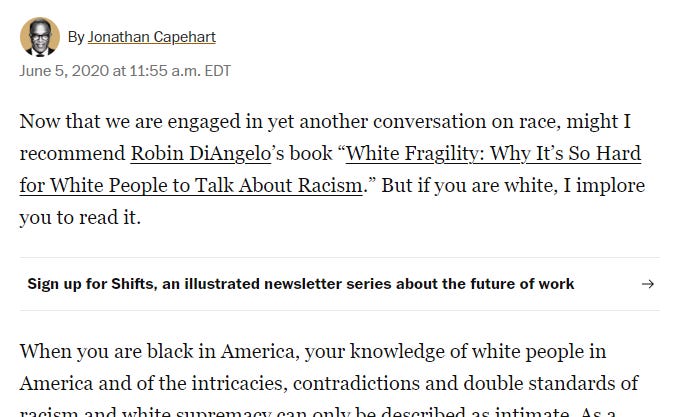
"The Washington Post used DiAngelo and others to exacerbate racial hate and stoke the fires of a year long riot, equivalent in damage and death to a Category 2 Hurricane, and now that there’s no more money in wokeness they’re throwing DiAngelo out with the trash."
Brutal.
"The human instinct for avoiding confrontation is exploitable if you’re sufficiently willing to violate the social contract." - that might be the smartest thing WaPo has ever written.
But of course, they lack introspection.